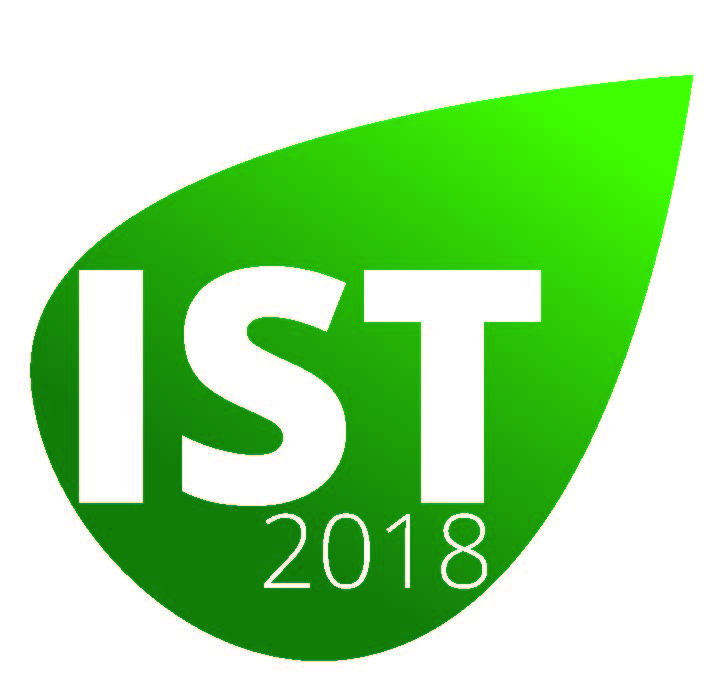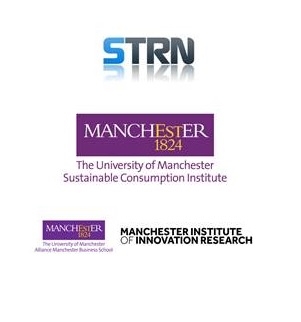9th International Sustainability Transitions Conference
Conference dates: 12 - 14 June 2018
with a Newcomers & Early Career session on the 11 June 2018 (further details to follow)
Venue: The University of Manchester
Reconfiguring Consumption and Production Systems
The Sustainable Consumption Institute (SCI) and Manchester Institute of Innovation Research (MIOIR) will host the 9th International Sustainability Transitions Conference at the University of Manchester. Building on past events organised under the auspices of the Sustainability Transitions Research Network (STRN), the conference will provide an opportunity for scholars and stakeholders to exchange ideas coming from the latest research in the field.
Conference Theme: Reconfiguring Consumption and Production Systems
A founding assumption of sustainability transitions scholarship was the importance of studying systemic change across the entire chain from production to consumption. Over the last decade, academic research has arguably focused more on the emergence of radical innovations than on changes in ‘whole systems’. IST2018 therefore aims to re-engage with this initial agenda. This is timely, because some real-world transitions are moving beyond the diffusion of single innovations towards whole system change. In both electricity and mobility, for instance, the simultaneous unfolding of multiple technical, social and organisational innovations, across areas of production, provision, distribution, and use (e.g. renewable energy technologies, capacity markets, smart meters, decentralized community energy, ‘prosumption’, grid adjustments, electric cars, car sharing, cycling revolution) are interacting to change entire systems.
These real-world developments pose challenges for prevalent understandings of transitions that focus on single disruptive innovations following S-curves. These observations suggest that transitions scholarship may be on the verge of a new phase, which will require new imageries of transition. The idea of whole system reconfiguration captures this ambition, directing attention to:
- The interdependencies between changes in technology, changes in business models and services, and changes in everyday life.
- The multiplicity of processes involved in reconfiguring whole systems, which may involve simple substitution (one component replacing another), but can also involve other change processes such as add-on (new components combined with existing ones), innovation cascades where changes in one part of the system (e.g. more intermittent renewables) create knock-on effects in other parts (e.g. grid adjustments, back-up capacity, storage), possibly even leading to changes in the system architecture.
- How system reconfiguration unfolds in different domains (in mobility, energy, housing, agro-food) and how this relates to differences in the structure of the systems (e.g. differential relevance of infrastructures, supply chains, cultural conventions, user practices, industry structures)
- The unfolding of system reconfiguration at different scalar levels (e.g. urban, national, international).
Making whole system change the unit of analysis may also imply rethinking of theoretical repertoires, the refining of methodologies to enable the ‘zooming out’ required to observe whole systems, as well as adjustments in how we consider the implications for sustainability governance to take account of the multiple interacting domains of daily life.
IST2018 will have a plenary programme organised to stimulate debate around the conference theme and we especially welcome submissions that interrogate the issues set out above. We also invite submissions on topics that form the core of STRN research agenda. Please go to the abstract submission tab for guidance on how to make a submission.
Organising Committee
Professor Andrew McMeekin (Chair)
Professor Frank Geels
Dr. Mike Hodson
Dr. Josephine Mylan
Katrina Farrugia
Any queries should be directed to confercare-online@manchester.ac.uk in the first instance.



